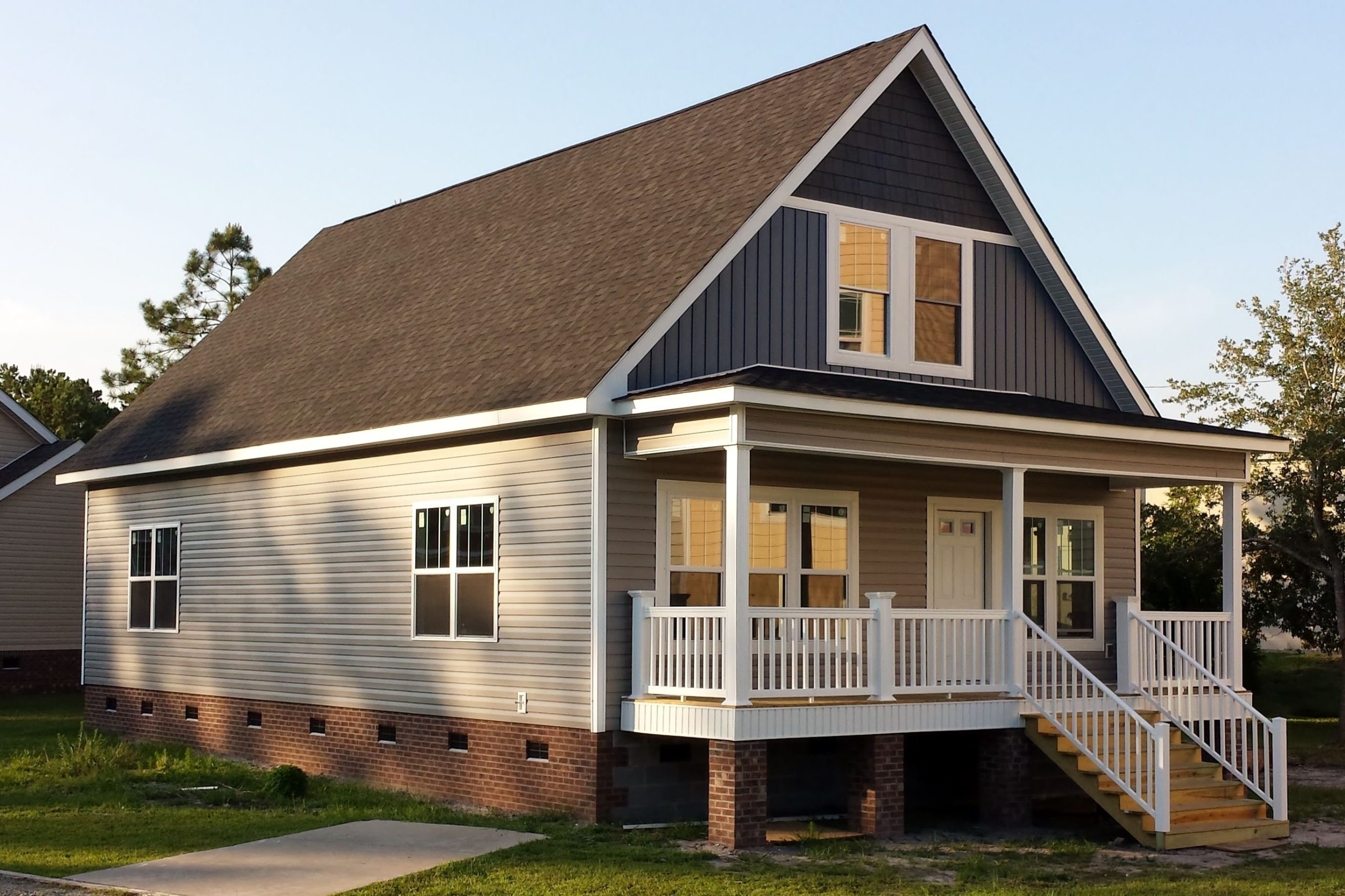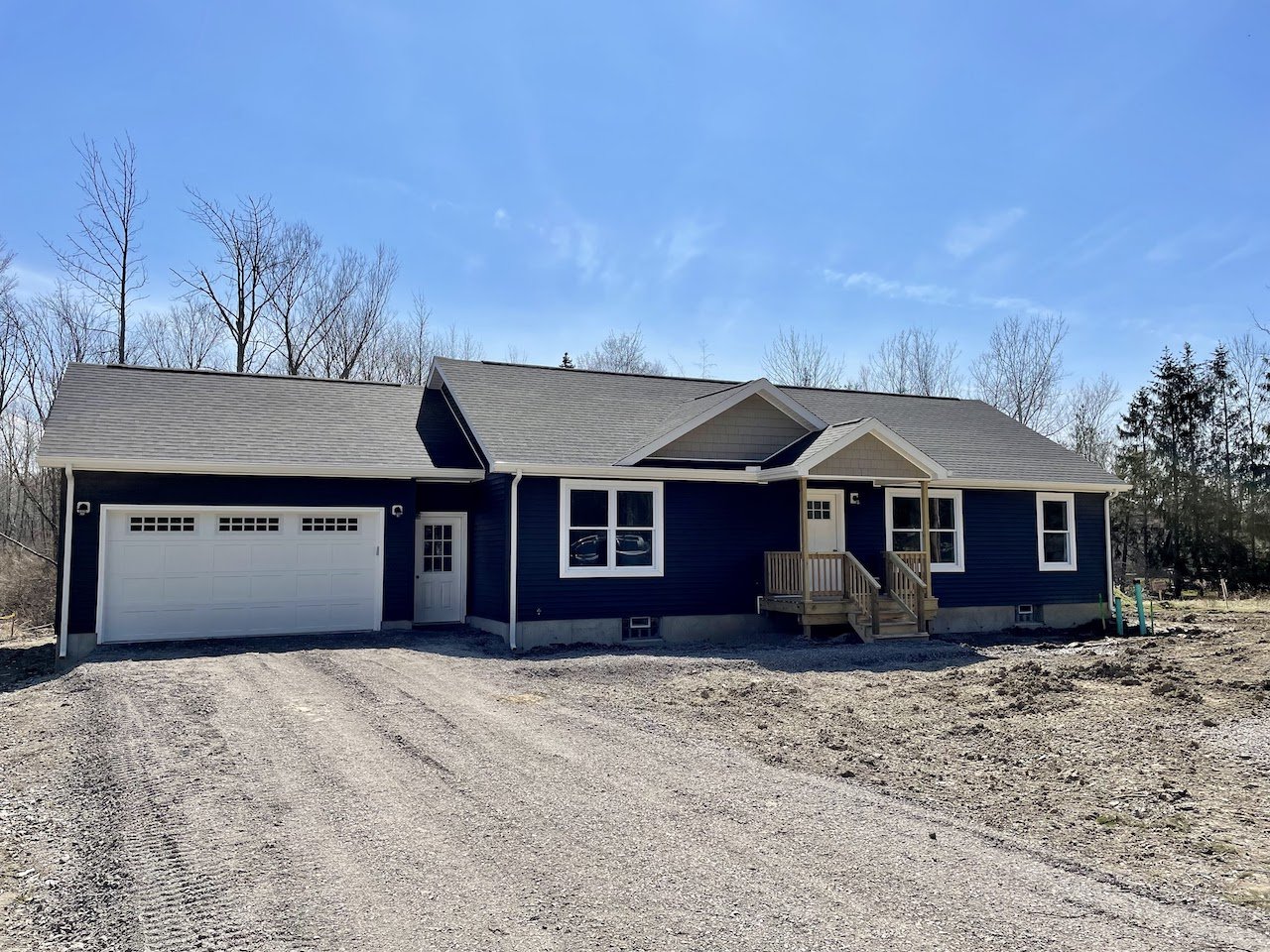Delve into the intricacies of modular home pricing in North Carolina with our comprehensive guide, [The Average Cost of Modular Homes in North Carolina: A Comprehensive Guide]. This article meticulously examines the average cost per square foot, the overall construction expenses, and the factors that influence these figures. Whether you seek to estimate the cost of your dream modular home or simply gain insights into the North Carolina housing market, this article provides invaluable information to empower your decision-making.
Key Takeaways:
- Average cost per square foot ranges from $55 to $75.
- Estimated cost for an 1,800 sq ft home: $117,000.
- Diverse floor plans and energy-efficient designs available.
- Engineered for the North Carolina environment and minimal maintenance.
- Average sales price of a home in North Carolina: $270,000.
Average Cost of Modular Homes in NC: What to Expect


Modular homes are becoming increasingly popular in North Carolina due to their affordability, energy efficiency, and customizable designs. But how much does a modular home cost in NC? Let’s break it down.
Understanding the Cost
The average cost of a modular home in NC ranges from $55 to $75 per square foot. So, for an 1,800 square foot home, you’re looking at around $117,000. This includes the cost of the home itself, as well as the foundation and installation.
Factors that Influence Cost:
- Size: Larger homes cost more to build.
- Design: Custom floor plans and architectural details can increase the cost.
- Materials: Higher-quality materials come with a higher price tag.
- Energy efficiency: Energy-efficient features, such as solar panels and insulation, can reduce your utility costs but increase the upfront cost.
Comparing to Traditional Homes
Modular homes are generally more affordable than traditional stick-built homes. However, there are some caveats:
- Land costs: You still need to purchase land, which can vary in price depending on location.
- Site preparation: Preparing the land for the modular home can add to the cost.
- Additional expenses: Permitting fees, utility hookups, and landscaping can also impact the total cost.
Advantages of Modular Homes
Despite these considerations, modular homes offer several advantages:
- Energy efficiency: They’re built in controlled factory environments, ensuring energy-saving construction techniques.
- Customization: You can choose from various floor plans and designs to suit your needs.
- Durability: They’re engineered to withstand North Carolina’s diverse climate.
- Time savings: Modular homes are built off-site, reducing construction time and minimizing weather delays.
Conclusion
The average cost of a modular home in NC can vary depending on several factors. However, with its affordability, energy efficiency, and customizable options, it’s an attractive option for homebuyers in the state.
Check out this informative article about are utilities included in mobile home space rent to learn more. The ashley homestore costa rica has a wide selection of homes to choose from, so you’re sure to find the perfect one for you.
Average Total Cost to Build
As a real estate analyst with extensive experience in the North Carolina housing market, I’m here to give you the latest on the Average Total Cost to Build modular homes in NC.
Key Takeaways:
- Average Cost: $55-$75 per square foot, significantly lower than traditional stick-built homes ($130-$145 per square foot).
- Custom homes: Can cost 20%-50% more than tract homes.
- Building Permits: Range from $1,200 to $2,000.
- Two-story homes: Base models cost $70,000-$140,000, with a total cost of $105,000-$210,000.
Factors Influencing Cost:
- Square footage
- Number of stories
- Customizations
- Location and site preparation
Advantages:
- Lower overall cost compared to traditional homes.
- Faster construction time, potentially saving on labor and interest costs.
- Energy efficiency and low maintenance.
Disadvantages:
- Limited design flexibility (although custom options are available).
- Variations in construction quality.
Budgeting:
To determine the Average Total Cost to Build a modular home in NC, consider the following steps:
- Determine the square footage you need.
- Choose a floor plan and calculate the cost per square foot.
- Include the cost of permits, site preparation, and other additional expenses.
- Factor in transportation and installation costs.
Example:
A 1,500 square foot modular home with a base price of $65 per square foot would cost approximately $97,500. Add the cost of permits, a concrete foundation, and utilities, and you’re looking at a total cost to build of around $120,000.
Conclusion:
Modular homes offer a cost-effective and efficient option for homebuyers in North Carolina. By understanding the factors that influence the Average Total Cost to Build, you can make informed decisions about your next home.
Citations:
– Modular Homes in North Carolina
– Average Modular Home Prices in 2024
FAQ
Q1: What is the average cost of a modular home in North Carolina?
A1: The average cost of a modular home in North Carolina ranges from $55 to $75 per square foot.
Q2: How much does a 1,800 square foot modular home cost in North Carolina?
A2: The average cost of a 1,800 square foot modular home in North Carolina is approximately $117,000.
Q3: Are modular homes more affordable than traditional homes in North Carolina?
A3: Yes, modular homes are generally more affordable than traditional stick-built homes, with an average cost of $130-$145 per square foot compared to $55-$75 per square foot for modular homes.
Q4: What factors can affect the total cost of a modular home in North Carolina?
A4: The total cost of a modular home can be influenced by factors such as the size, design, features, and materials used, as well as the cost of land, permits, and labor.
Q5: Are modular homes energy-efficient?
A5: Yes, modular homes are engineered to be energy-efficient and meet or exceed North Carolina’s building codes, which include insulation requirements and energy-saving features.
- What Happened to Lane Furniture in Mississippi? - April 23, 2025
- Japanese Floor Beds: A Comprehensive Guide - April 23, 2025
- King Size Bed Pillow Arrangements: Styling Ideas & Inspiration - April 23, 2025










